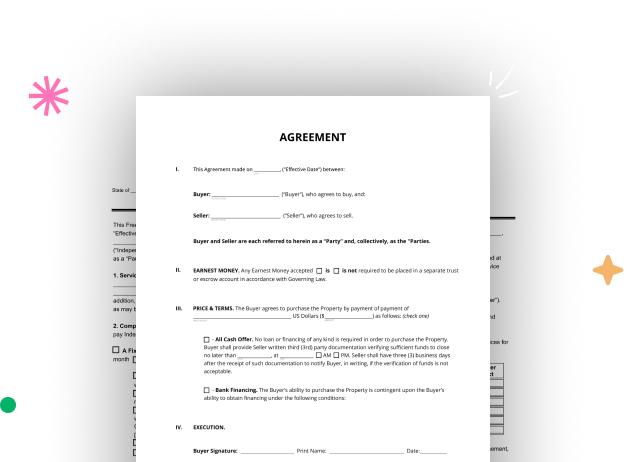

Start by setting up a free DocHub account using any available sign-up method. If you already have one, simply log in.
Try out the entire collection of DocHub's advanced features by signing up for a free 30-day trial of the Pro plan and proceed to craft your Arkansas Warranty Deed Form.
In your dashboard, select the New Document button > scroll down and hit Create Blank Document. You’ll be redirected to the editor.
Use the Page Controls icon indicated by the arrow to switch between different page views and layouts for more flexibility.
Explore the top toolbar to add document fields. Insert and format text boxes, the signature block (if applicable), add photos, and other elements.
Configure the fillable areas you added based on your chosen layout. Personalize the size, font, and alignment to make sure the form is user-friendly and professional.
Save the completed copy in DocHub or in platforms like Google Drive or Dropbox, or design a new Arkansas Warranty Deed Form. Share your form via email or utilize a public link to engage with more people.